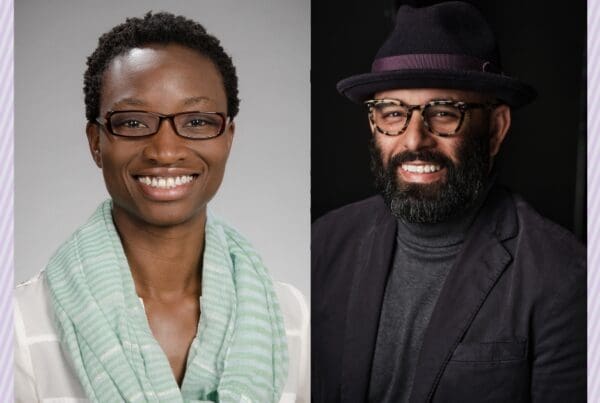In this digital age, would you expect people to consider undergoing psychotherapy sessions online? Turns out it depends.
Researchers at the University of Washington School of Medicine and Rutgers Robert Wood Johnson Medical School in New Jersey examined patients’ attitudes toward accessing psychotherapy. They surveyed 164 U.S. adults, half of whom lived in rural areas and half who identified as a racial or ethnic minority – two groups that are underserved in terms of psychiatric services.
The largest group, 44.5 percent, of participants preferred in-person sessions; 25.6 percent preferred self-guided digital treatment; 19.7 percent preferred expert-guided digital treatment; and 8.5 percent preferred peer-supported counseling (from people who have been through a similar experience with mental illness). The results were recently published in Digital Medicine.
So what’s lacking about digital psychotherapy?
“Many thought it was lesser care,” said corresponding author Patricia Areán, UW professor of psychiatry and behavioral sciences. Over half of the sample (50.6 percent) raised questions about the effectiveness of digital delivery of care.
Privacy and confidentiality were noted concerns for 15.2 percent of respondents – and this was before news broke about FaceBook’s digital breaches. Participants also had doubts about the effectiveness of peer support (16 percent) and self-guided care (nearly 13 percent).
“This study show there is no one-size-fits-all model for psychotherapy,” Areán said.
Some apps such as TalkSpace offer access to therapists via FaceTime, phone and text, but there’s no research yet that indicates the most effective mechanism for delivering treatment, she added.
Depressive disorders are the leading cause of disability worldwide, and anxiety disorders are the most common mental illness in the United States. Yet most people who seek psychotherapy for depression and anxiety only attend one session, the researchers noted.
While effective treatments exist for depression and anxiety, they are hard to access. Transportation, time, cost and a shortage of therapists trained in evidence-based practices keep these treatments out of reach for many, if not most, Americans.
Digital psychotherapy would seem to help bridge the gap, but this study shows consumers have significant concerns that app developers will need to consider.
This study was a start in collecting input from consumers, Areán said. “One thing we can say is that their opinions have been historically ignored.”


